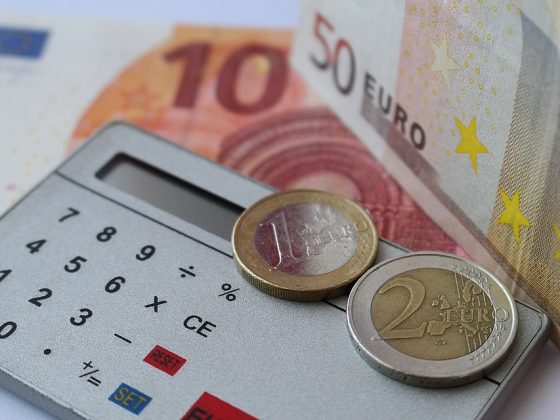As China's Evergrande Group, one of the country's largest property developers, teeters on the brink of collapse due to its massive debt burden, global markets are bracing for the impact of what could be a major financial crisis. Evergrande's debt stands at over $300 billion, and the company has already missed several payments on its bonds, raising fears of a default that could reverberate throughout the global financial system.
The Evergrande debt crisis has sent shockwaves through global markets, with investors around the world nervously watching developments in China. The potential collapse of Evergrande could have wide-ranging effects on the global economy, as the company's reach extends far beyond China's borders. From its sprawling real estate developments in major Chinese cities to its investments in sectors ranging from electric vehicles to healthcare, Evergrande's collapse would have ripple effects that could be felt around the world.
One of the main concerns around the Evergrande debt crisis is the potential contagion effect that a default could trigger. Evergrande is heavily indebted to a wide range of creditors, including banks, bondholders, and suppliers. If the company were to default on its debt, it could set off a chain reaction of defaults across the financial system, as creditors scramble to recoup their losses. This could lead to a broader credit crunch that could reverberate throughout the global economy, potentially triggering a new financial crisis.
In addition to the potential financial fallout, the collapse of Evergrande could also have significant implications for China's real estate market. Evergrande is one of China's largest property developers, and its failure could lead to a sharp downturn in the country's real estate sector. This could have knock-on effects on related industries, such as construction and materials, as well as on consumer spending and overall economic growth.
In response to the crisis, Chinese authorities have taken steps to try to contain the fallout. The government has instructed local officials to prepare for the potential collapse of Evergrande and has urged the company to resolve its debt issues in an orderly manner. The central bank has also injected liquidity into the financial system to help stabilize markets and prevent a broader financial crisis.
Despite these efforts, the situation remains precarious, and global markets are watching closely to see how events unfold. If Evergrande were to default on its debt, it could trigger a new wave of market turmoil that could have far-reaching consequences for the global economy. Investors are therefore on high alert, closely monitoring developments in China and assessing the potential risks to their portfolios.
FAQs:
1. What is Evergrande Debt Crisis?
The Evergrande debt crisis refers to the financial difficulties faced by the Chinese property developer Evergrande Group, which is struggling under a massive debt burden of over $300 billion. The company has missed several payments on its bonds, raising fears of a default that could have wide-ranging effects on the global economy.
2. What are the potential implications of the Evergrande Debt Crisis?
The collapse of Evergrande could have a number of implications for the global economy. It could trigger a broader credit crunch as creditors scramble to recoup their losses, leading to a new financial crisis. It could also lead to a sharp downturn in China's real estate market, with knock-on effects on related industries and overall economic growth.
3. What steps are Chinese authorities taking to address the crisis?
Chinese authorities have instructed local officials to prepare for the potential collapse of Evergrande and have urged the company to resolve its debt issues in an orderly manner. The central bank has also injected liquidity into the financial system to help stabilize markets and prevent a broader financial crisis.
4. How are global markets reacting to the Evergrande Debt Crisis?
Global markets are bracing for the impact of the Evergrande debt crisis, with investors nervously watching developments in China. If Evergrande were to default on its debt, it could trigger a new wave of market turmoil that could have far-reaching consequences for the global economy. Investors are therefore on high alert, closely monitoring events to assess the potential risks to their portfolios.











